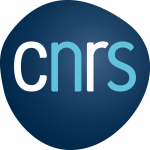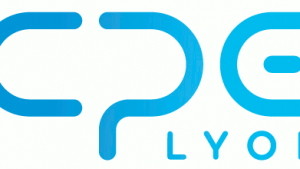Partners
The consortium is composed of four academic partners with complementary expertise, and a consultative committee.
LIRIS (UMR 5205)-SICAL is an interdisciplinary research team dedicated to the design and evaluation of innovative interactive environments, especially in the educational domain. Élise Lavoué (project leader), head of the team, is highly involved in the Technology Enhanced Learning domain (TEL, EIAH in French) since 15 years. Her research interests include the analysis of learners’ behaviors, learning analytics and self-regulation processes. Audrey Serna, PhD in Cognitive Science and Computer Science, conducts research at the confluence of these two domains that focuses on designing engaging and supportive interactive systems. Mathieu Loiseau, Ph.D. in Computer Science and Applied Linguistics, has a strong expertise in storytelling in serious games.
LIRIS (UMR 5205)-ORIGAMI is a team dedicated to computer graphics in a broad sense. The involved members are Pierre Raimbaud, Patrick Baert, Florent Dupont, and Guillaume Lavoué.
They share a strong expertise in virtual reality, including diverse topics: quality of experience, multisensory experiments, visual perception, virtual agents and behavior analysis. Most of their work is based on the virtual reality platform located at Ecole Centrale de Lyon (ENISE).
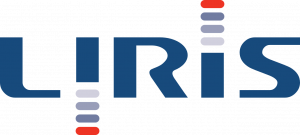
INL (UMR 5270) is a fundamental and applied research laboratory in the field of micro- and nano-technologies. B. Massot (Biomedical Sensors group at INL) has a long-standing experience in the development of wearable sensors for psycho-physiological evaluation in real-life situations. He already worked on studies in social sciences together with the Lyon Institute of Psychology, the Psychiatry Center at the Vinatier Hospital (Lyon), and the Institute for Psychophysiological Research at Wuppertal (Germany) to provide quantitative and objective indicators of mental states. Dr. J.L. Leclerq (assistant director in charge of technology at INL), and Pr. J.P. Cloarec (Chemistry teacher at Ecole Centrale de Lyon) will coordinate the consultative committee.
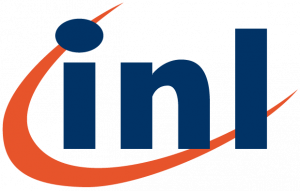
ECP (UR 4571): the education team has a strong expertise in the field of educational technology, with an ecological approach to analyze and evaluate learning processes and environments. Rawad Chaker conducts research on the effect of digital environments and tools on learning, with a situated approach, considering embodied cognition and user experience. Stéphane Simonian (head of ECP lab) works on the concepts of affordance in learning scenarios and settings. Hélène Crocé-Spinelli is an expert in studying and evaluating professional gestures, with qualitative methods and conducting self-reflection interviews.
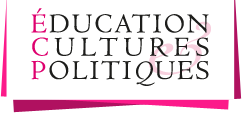
The consortium also integrates a consultative committee, composed of institutional and industrial representatives in chemical risk prevention. Its role will be to provide expertise in risk analysis and propose pedagogical scenarios. The following partners will be involved: CNRS “Rhône-Auvergne Délégation Régionale” Prevention and Safety Advisor (Patricia Landais) and prevention medical doctor (Dr. Karyne Chabert, representative officer of Prevention Medical National Network); CPE professional training service (Valérie Thoraval, head of service); CEA LETI security officers (Cécile Ducros, CEA chemistry referent and Quentin Beguin, cleanroom referent risk trainer).

